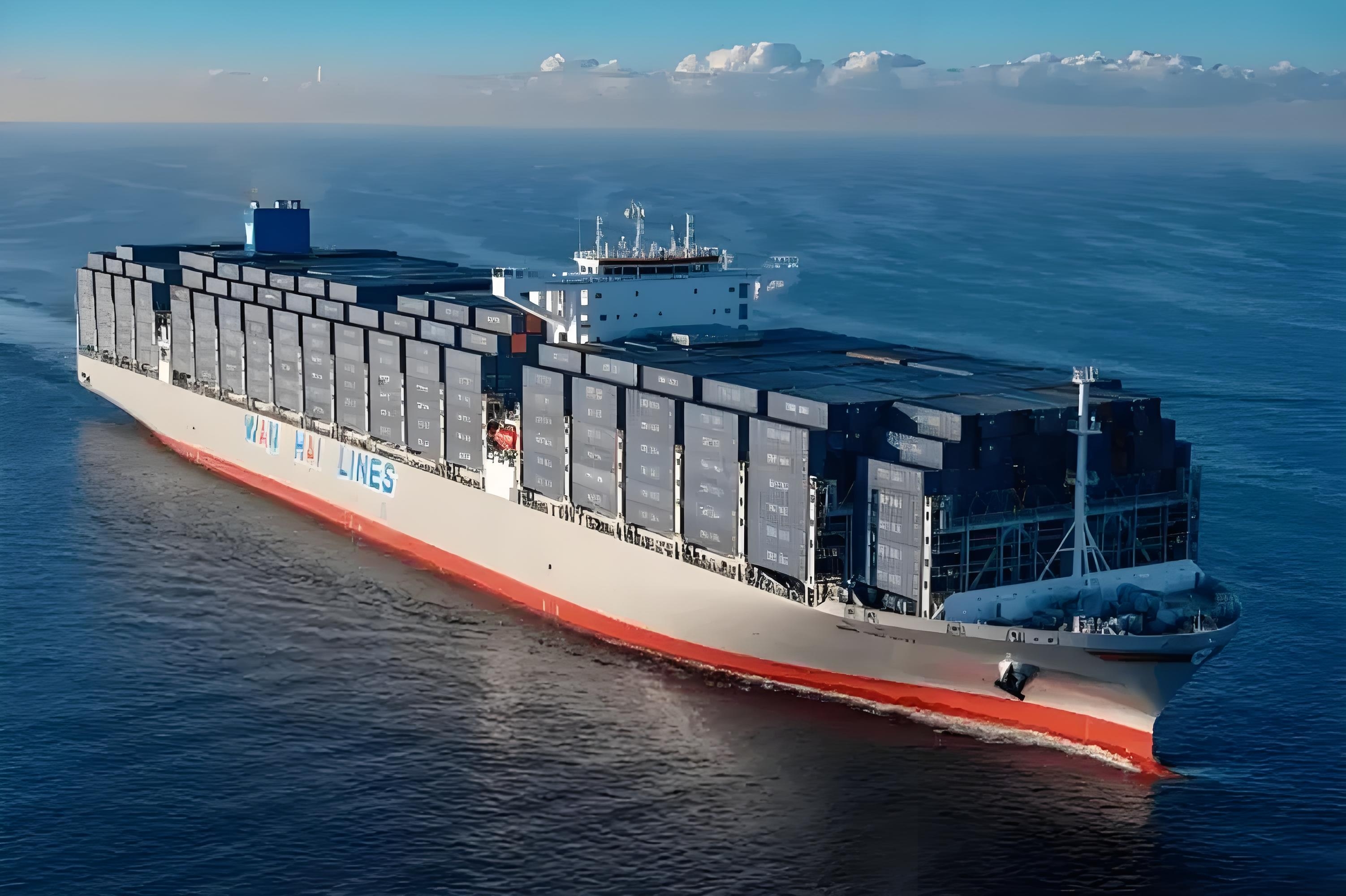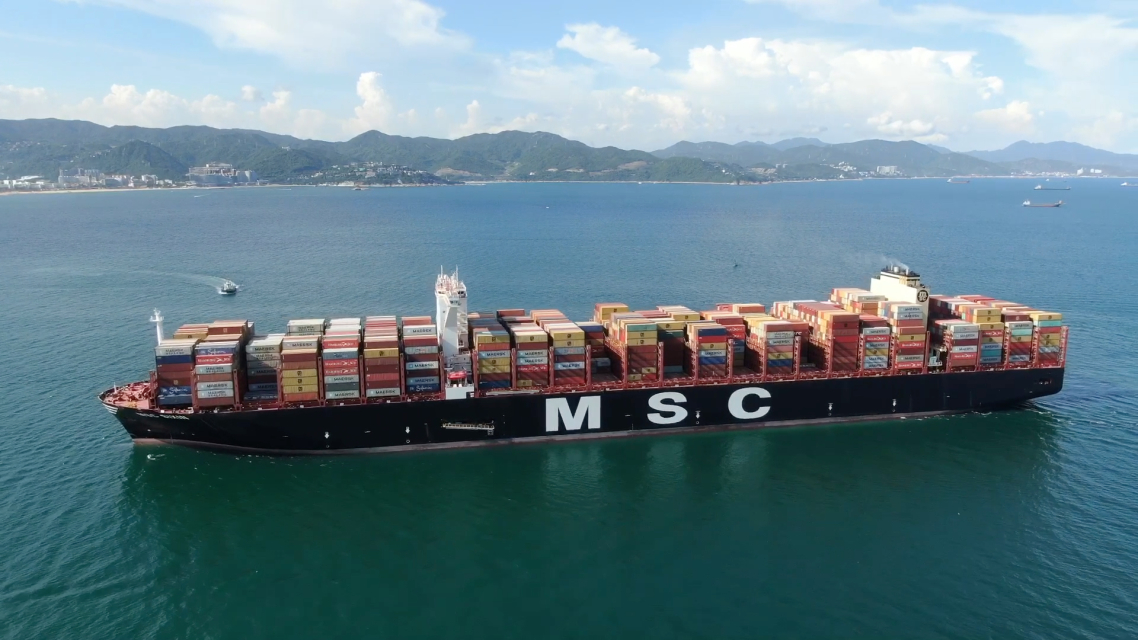Ocean-going cargo ships play a vital role in global trade, but the water treatment problems generated during their operation are becoming increasingly prominent. Traditional chemical disinfection methods are not only costly, but may also cause secondary pollution to the environment. The seawater electrochlorination system generates sodium hypochlorite by electrolyzing seawater, providing an efficient and environmentally friendly solution. This article will systematically explore the application status and development prospects of this technology on ocean-going cargo ships. Chlory's seawater electrochlorination system has been recognized by customers for its application on ocean-going cargo ships.

1. Basic Principles of Seawater Electrochlorination System
The core of seawater electrochlorination system is to use electrolysis technology to convert sodium chloride in seawater into sodium hypochlorite with strong oxidizing properties. The system is mainly composed of electrolytic cell, power supply, control system and auxiliary equipment. When seawater passes through the electrolytic cell, under the action of direct current, oxidation reaction occurs at the anode to generate chlorine, and sodium hydroxide is produced at the cathode. These products react rapidly in water to form sodium hypochlorite, and the chemical reaction equation is:
2Cl⁻ → Cl₂ + 2e⁻;Cl₂ + H₂O → HClO + HCl;HClO ↔ H⁺ + ClO⁻
As a broad-spectrum disinfectant, sodium hypochlorite can effectively kill bacteria, viruses and other microorganisms in water. Compared with traditional chemical disinfectants, the electrochlorination system has the advantages of instant production, controllable dosage, and no harmful by-products. In addition, the system can flexibly adjust the electrolysis parameters according to the water quality and water volume requirements to achieve the optimal disinfection effect.
2. Special needs of ocean-going cargo ships for water treatment technology

The operating environment of ocean-going cargo ships is special, which puts forward unique requirements for water treatment technology. First, the high salinity environment of seawater is both an advantage and a challenge. Although it provides sufficient raw materials for the electrochlorination system, it also accelerates the corrosion of the equipment. Secondly, the limited space on the cargo ship requires that the water treatment equipment must be compact and easy to install. In addition, energy efficiency is also a key consideration. The system needs to reduce energy consumption as much as possible while ensuring the treatment effect.
Another important requirement is the reliability and maintenance convenience of the system. Equipment failures during ocean voyages are difficult to repair in a timely manner, so the system must have high stability and simple maintenance requirements. At the same time, as the International Maritime Organization (IMO) and other organizations continue to increase their environmental protection requirements for ships, water treatment technology must also meet increasingly stringent emission standards.
3. Specific application of seawater electrochlorination system on ocean-going cargo ships
In terms of ballast water treatment, seawater electrochlorination systems have shown significant advantages. According to the IMO's Ballast Water Management Convention, ships must treat ballast water to prevent the invasion of alien species. The electrochlorination system can effectively kill harmful organisms in ballast water, and the residual chlorine after treatment can be removed by the neutralization system to avoid affecting the discharge sea area.
In terms of drinking water supply, ocean-going cargo ships can use electrochlorination systems to continuously disinfect stored fresh water to ensure the safety of drinking water for crew members. Compared with traditional chlorine tanks or bleaching powder, the electrochlorination system avoids the storage and transportation risks of hazardous chemicals and is safer and more convenient to operate.
In addition, the system can also be used for hull antifouling and anticorrosion. By injecting the generated sodium hypochlorite solution into the hull cooling system, it can effectively inhibit marine biological attachment and microbial corrosion, extend the service life of the ship and reduce maintenance costs.
4. Advantages and Challenges of Seawater Electrochlorination System
The main advantages of seawater electrochlorination system are its environmental protection and economy. The system uses inexhaustible seawater as raw material, and there is no need to transport and store hazardous chemicals, which greatly reduces safety risks. In terms of operating costs, although the initial investment is high, it is more economical than traditional chemical disinfection methods in the long run. Taking a medium-sized cargo ship as an example, the annual disinfection cost can be reduced by more than 30% after adopting the electrochlorination system.
However, the system also faces some technical challenges. The life and performance of electrode materials are key issues. Seawater with high salinity and complex composition will accelerate electrode corrosion and affect system stability. In addition, how to optimize the system design to meet the needs of ships of different tonnages and how to deal with harmful byproducts that may be produced during the electrolysis process are topics that need further research.
5. Conclusion

The application prospect of seawater electrochlorination system on ocean-going cargo ships is broad. It can not only meet the increasingly stringent environmental protection requirements, but also improve the economy and safety of ship operation. With the advancement of electrode materials, intelligent control and other technologies, the system is expected to become the standard configuration for water treatment of ocean-going ships. Chlory has been committed to the research and development of seawater electrochlorination system. Future research should focus on improving the reliability of the system, optimizing energy consumption and integrating innovation with other ship systems to give full play to its important role in marine environmental protection and sustainable development of the shipbuilding industry.
